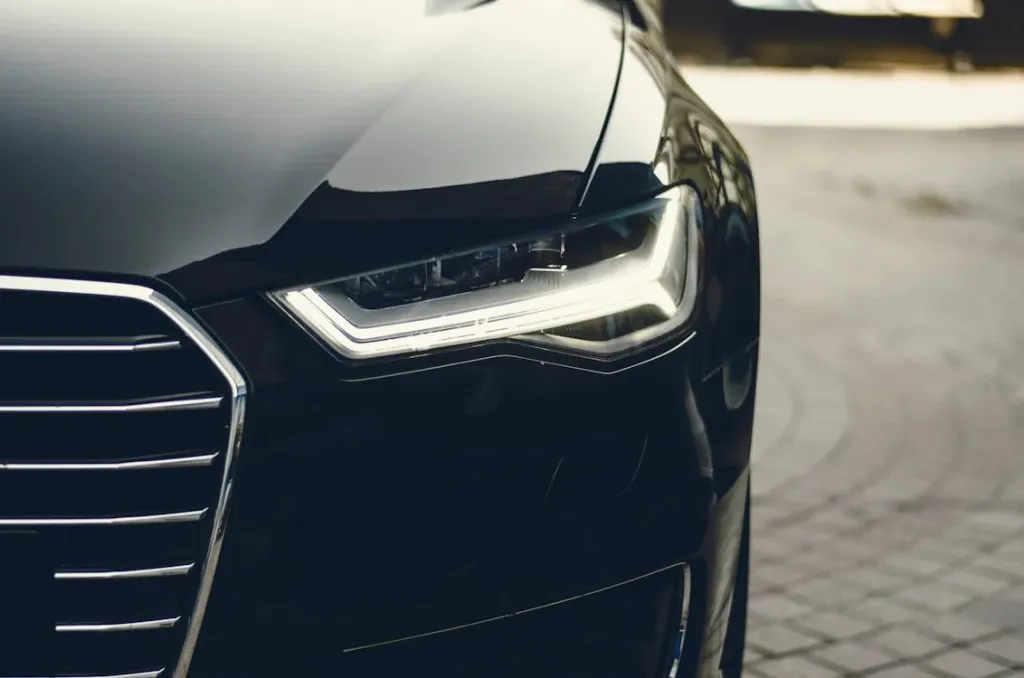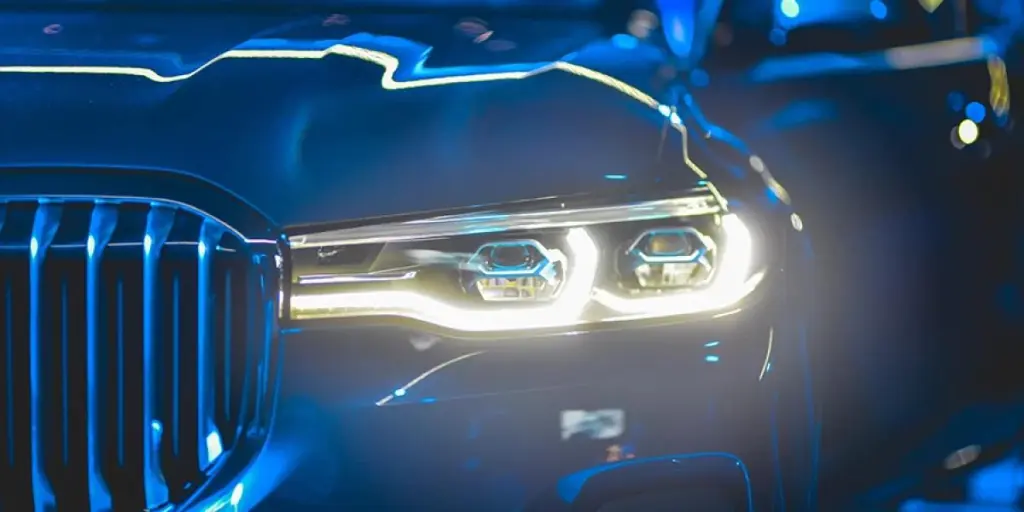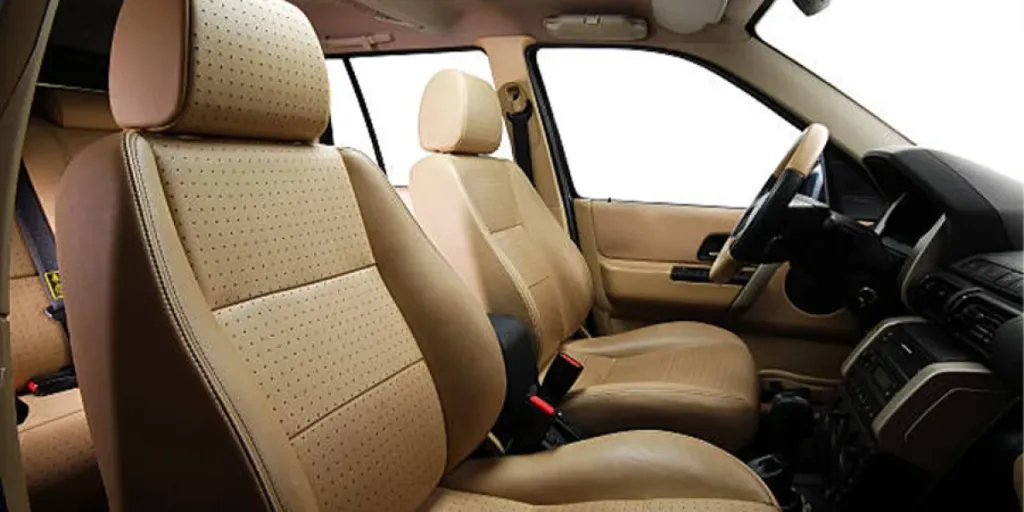
As technology advances, car manufacturers have developed sophisticated systems designed to protect drivers, passengers, and pedestrians. These features are not just optional add-ons but essential components that can make the difference between life and death in the event of a collision.
Understanding these modern safety features can help you make informed decisions when purchasing your next vehicle in Silver Spring, ensuring that you and your loved ones are as protected as possible.
1. Anti-lock Braking System (ABS): Preventing Wheel Lock-Up
The Anti-lock Braking System (ABS) is a crucial safety feature that prevents the wheels from locking up during braking. When a driver applies the brakes suddenly, especially on slippery surfaces, there is a risk that the wheels will lock, causing the vehicle to skid uncontrollably. ABS addresses this issue by automatically modulating the brake pressure to maintain traction. This allows the driver to retain steering control and maneuver around obstacles while slowing down safely. ABS has been shown to reduce the risk of multiple-car collisions and improve overall vehicle stability, making it an indispensable feature in modern cars.
2. Quality Tires and Tire Pressure Monitoring Systems (TPMS): The Foundation of Road Safety
Quality tires are fundamental to vehicle safety, providing the necessary traction and stability for effective braking, steering, and handling. However, worn or under-inflated tires are a leading cause of car accidents. Tire Pressure Monitoring Systems (TPMS) address this issue by continuously monitoring tire pressure and alerting drivers to any significant deviations. Properly inflated tires ensure optimal contact with the road, reducing the risk of blowouts and improving fuel efficiency. TPMS helps drivers maintain their tires in good condition, preventing accidents caused by tire-related issues.
However, if you ever find yourself or a loved one involved in a car accident due to tire problems or any other cause, consult an experienced car accident lawyer in Silver Spring for expert advice on your case. Experienced lawyers like the ones at Ashcraft and Gerel can help you get the rightful compensation for your injuries and vehicle damage.
3. Electronic Stability Control (ESC): Keeping Your Car on Track
Electronic Stability Control (ESC) is another advanced safety feature designed to prevent skidding and loss of control. ESC continuously monitors the vehicle’s movement and steering input. If it detects a discrepancy between the driver’s intended direction and the car’s actual movement, such as during a skid, ESC automatically applies brakes to individual wheels to correct the course. This intervention helps maintain stability and prevent rollovers, especially in emergency maneuvers or adverse weather conditions. Studies have shown that ESC can reduce the likelihood of fatal single-vehicle crashes by up to 50%, highlighting its critical role in enhancing road safety.
4. Adaptive Cruise Control (ACC): Enhancing Long-Distance Travel Safety
Adaptive Cruise Control (ACC) takes traditional cruise control to the next level by automatically adjusting the vehicle’s speed to maintain a safe following distance from the car ahead. Using radar and sensors, ACC detects the speed and distance of the vehicle in front and adjusts the throttle and brakes accordingly. This feature is particularly beneficial during long-distance travel, reducing driver fatigue and the need for constant speed adjustments. By maintaining a consistent and safe gap, ACC not only makes driving more convenient but also significantly lowers the risk of rear-end collisions, contributing to safer highways.
5. Lane Departure Warning (LDW) and Lane Keeping Assist (LKA): Staying in Your Lane
Lane Departure Warning and Lane Keeping Assist prevent unintentional lane drifts, which are a common cause of accidents. LDW uses cameras to monitor the vehicle’s position within the lane. If the system senses that the car is veering out of its lane without signaling, it alerts the driver with visual or audible warnings. LKA gently steers the car back into its lane if the driver does not respond to the warnings. These features are especially useful on long, monotonous drives where driver attention may lapse, providing an additional layer of safety by ensuring that the vehicle stays within its designated lane.
6. Blind Spot Detection (BSD): Seeing What You Can’t
Blind Spot Detection (BSD) is a vital safety feature that helps drivers avoid collisions during lane changes. Blind spots are areas around the vehicle that are not visible in the mirrors, posing a significant risk when merging or changing lanes. BSD uses sensors to monitor these blind spots and alerts the driver if there is a vehicle present. Some systems also provide visual cues on the side mirrors or an audible warning to ensure the driver is aware of the danger. By making the invisible visible, BSD reduces the chances of side-impact collisions and enhances overall driving safety, particularly in heavy traffic conditions.
7. Automatic Emergency Braking (AEB): Preventing Collisions Before They Happen
Automatic Emergency Braking (AEB) is a cutting-edge safety feature designed to prevent or mitigate collisions. AEB systems use sensors, cameras, and radar to monitor the road ahead. If the system detects a collision with another vehicle, pedestrian, or obstacle, it automatically applies the brakes if the driver does not react in time. This split-second intervention can be the difference between a minor incident and a severe accident. By reducing the vehicle’s speed or bringing it to a complete stop, AEB significantly lowers the risk of injury and damage, making it one of the most valuable safety features in modern cars.
8. Rearview Cameras and Parking Sensors: Safe and Easy Parking
Parking in tight spaces can be challenging and stressful, often leading to minor accidents. Rearview cameras and parking sensors alleviate this problem by providing drivers with a clear view of what’s behind the vehicle and alerting them to nearby obstacles. Rearview cameras display a live feed on the dashboard screen, while parking sensors emit audible warnings as the car approaches an object. These features not only make parking easier but also help prevent collisions with other vehicles, pedestrians, and objects. The reduction in parking-related accidents thanks to these technologies enhances overall vehicle safety and convenience.
9. Adaptive Headlights: Illuminating the Road Ahead
Adaptive headlights are an innovative feature designed to improve visibility during night driving and in adverse weather conditions. Unlike traditional headlights, adaptive headlights automatically adjust their direction and intensity based on the car’s speed, steering angle, and road conditions. For example, they pivot to illuminate around curves, enhancing the driver’s ability to see potential hazards. This dynamic adjustment helps drivers react more quickly to obstacles and changes in the road, significantly improving safety during nighttime and low-visibility driving. By providing optimal lighting in all conditions, adaptive headlights contribute to safer, more confident driving.
Conclusion
Incorporating advanced safety features in modern cars is not just about convenience but about saving lives. From ABS and ESC to AEB and adaptive headlights, each feature plays a crucial role in preventing accidents and protecting vehicle occupants. Understanding and utilizing these technologies can significantly enhance your safety on the road. As you consider your next vehicle purchase, prioritize these advanced safety features to ensure you and your loved ones are well-protected. By staying informed and choosing wisely, you can contribute to safer roads and a reduction in traffic-related injuries and fatalities. Embrace these innovations and drive with confidence, knowing that modern technology is working to keep you safe.
Source from My Car Heaven
Disclaimer: The information set forth above is provided by mycarheaven.com independently of Chovm.com. Chovm.com makes no representation and warranties as to the quality and reliability of the seller and products. Chovm.com expressly disclaims any liability for breaches pertaining to the copyright of content.





 বাংলা
বাংলা Nederlands
Nederlands English
English Français
Français Deutsch
Deutsch हिन्दी
हिन्दी Bahasa Indonesia
Bahasa Indonesia Italiano
Italiano 日本語
日本語 한국어
한국어 Bahasa Melayu
Bahasa Melayu മലയാളം
മലയാളം پښتو
پښتو فارسی
فارسی Polski
Polski Português
Português Русский
Русский Español
Español Kiswahili
Kiswahili ไทย
ไทย Türkçe
Türkçe اردو
اردو Tiếng Việt
Tiếng Việt isiXhosa
isiXhosa Zulu
Zulu